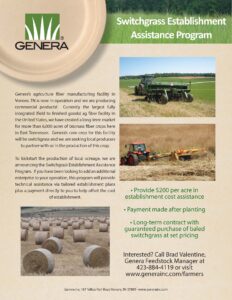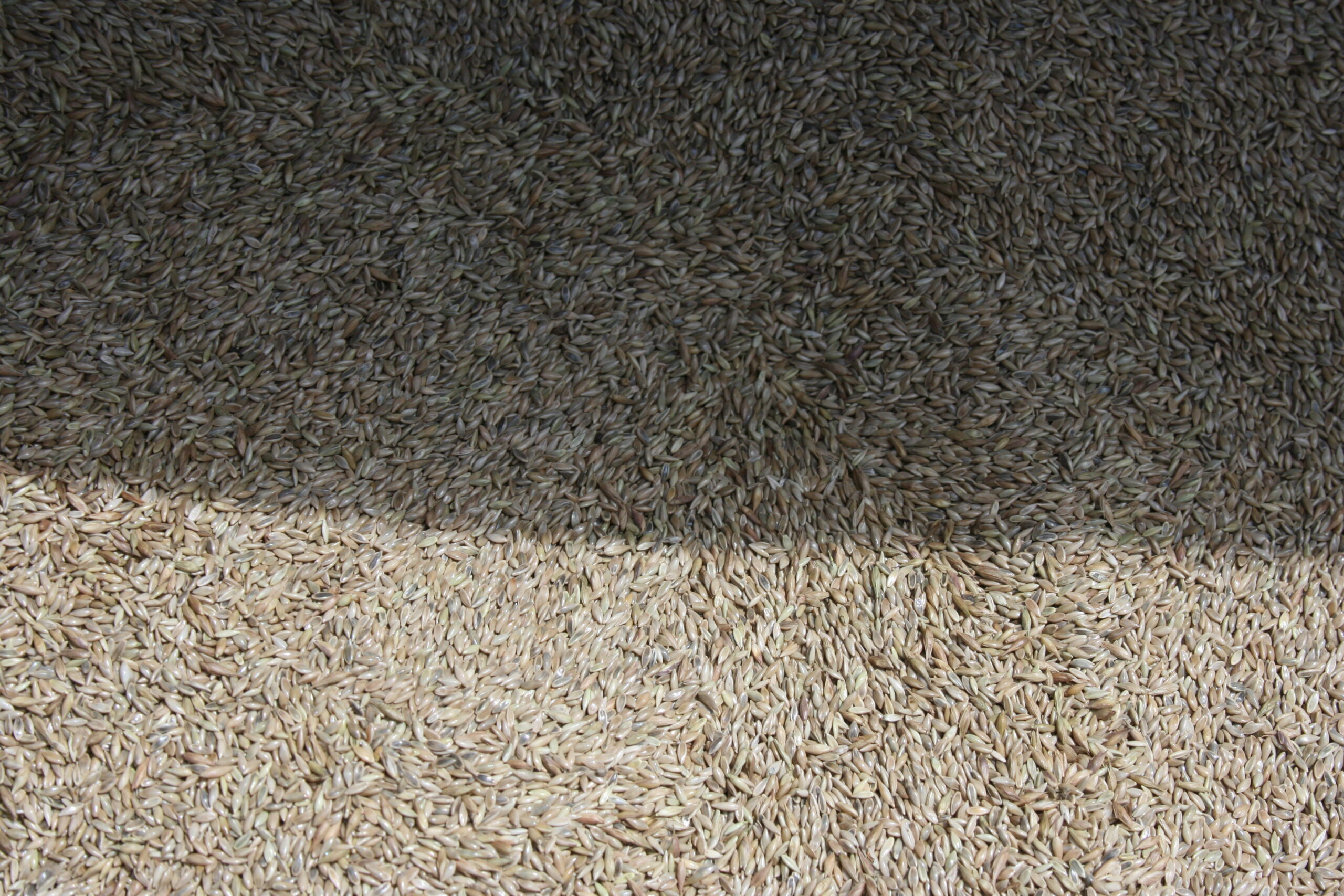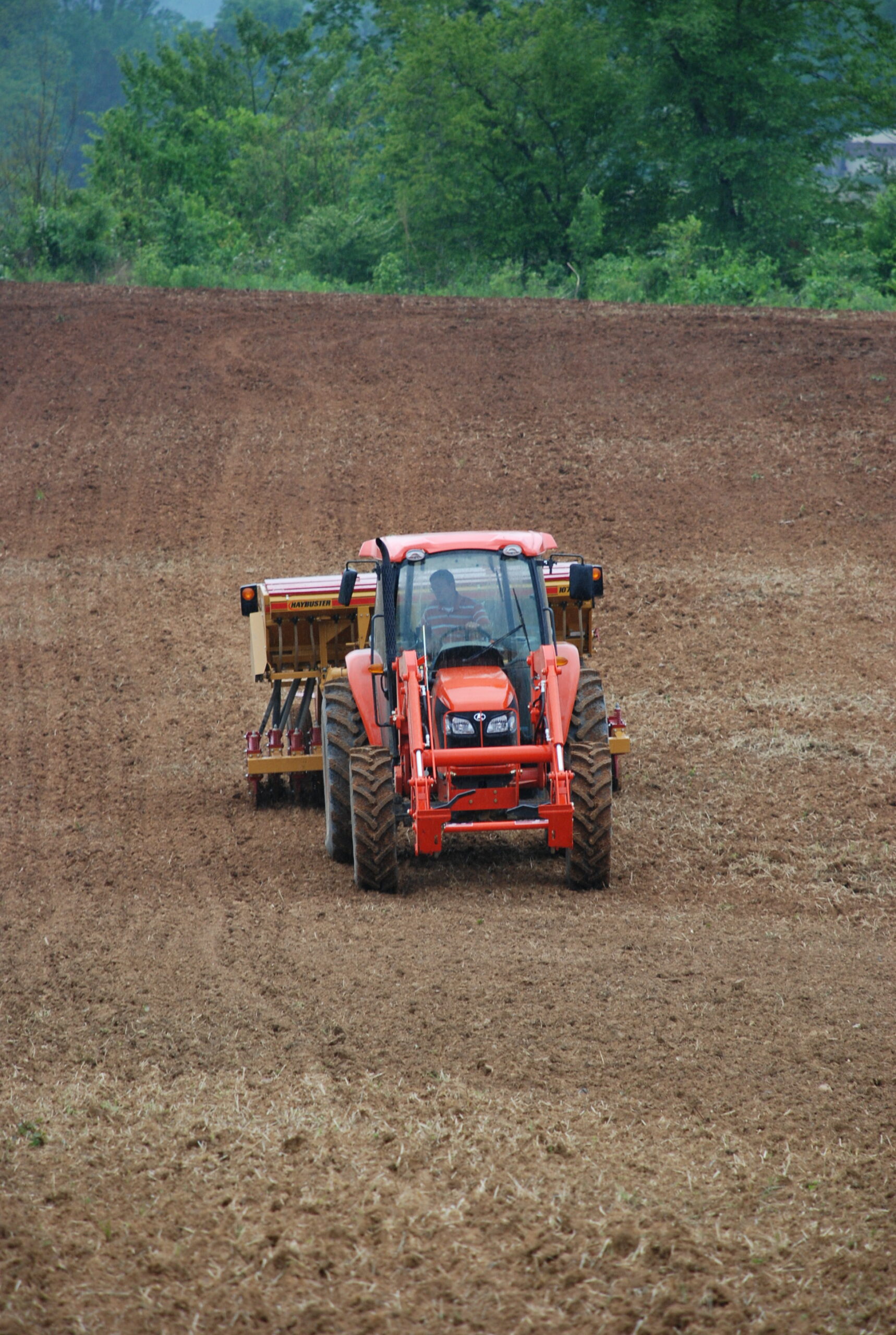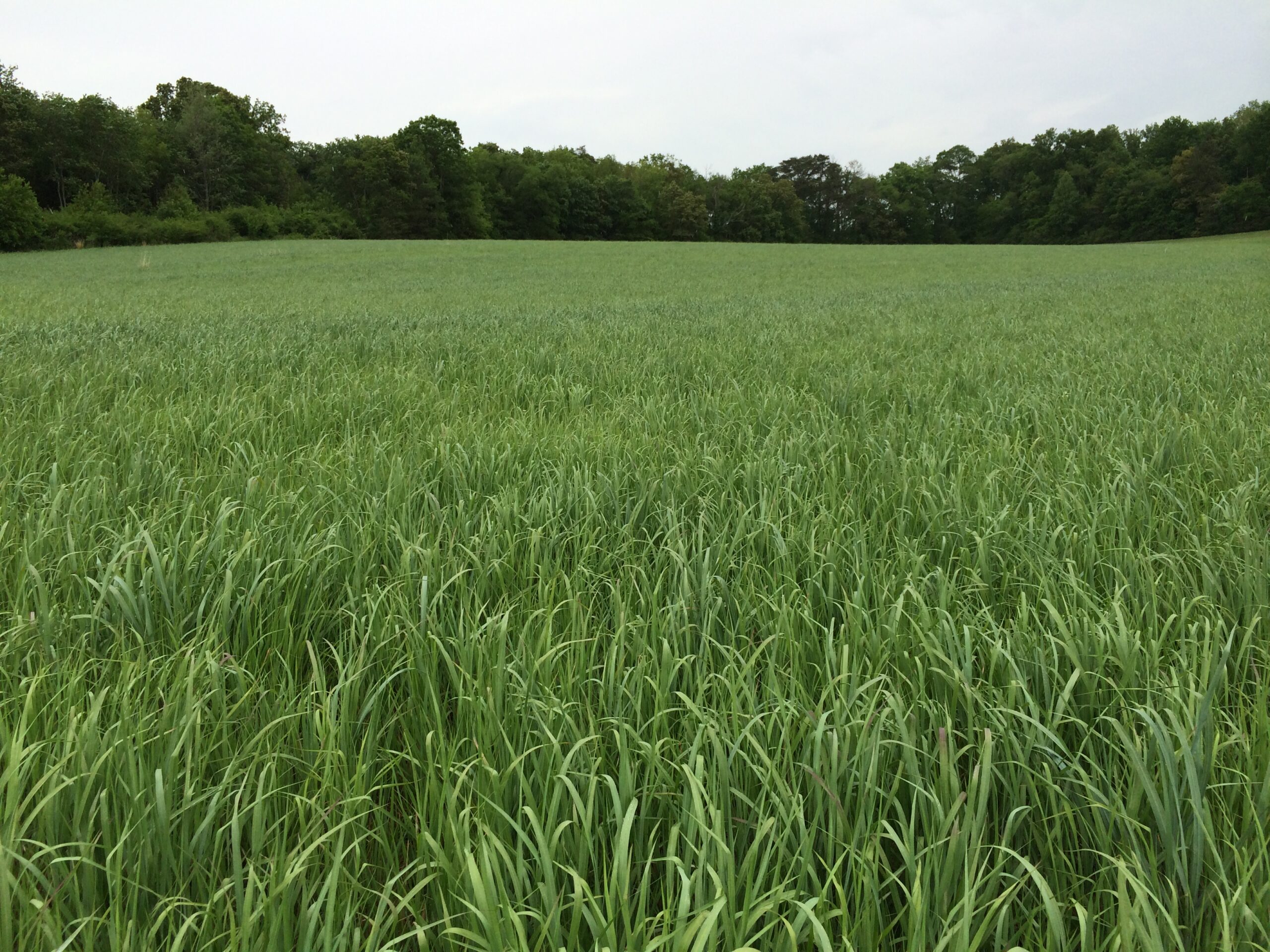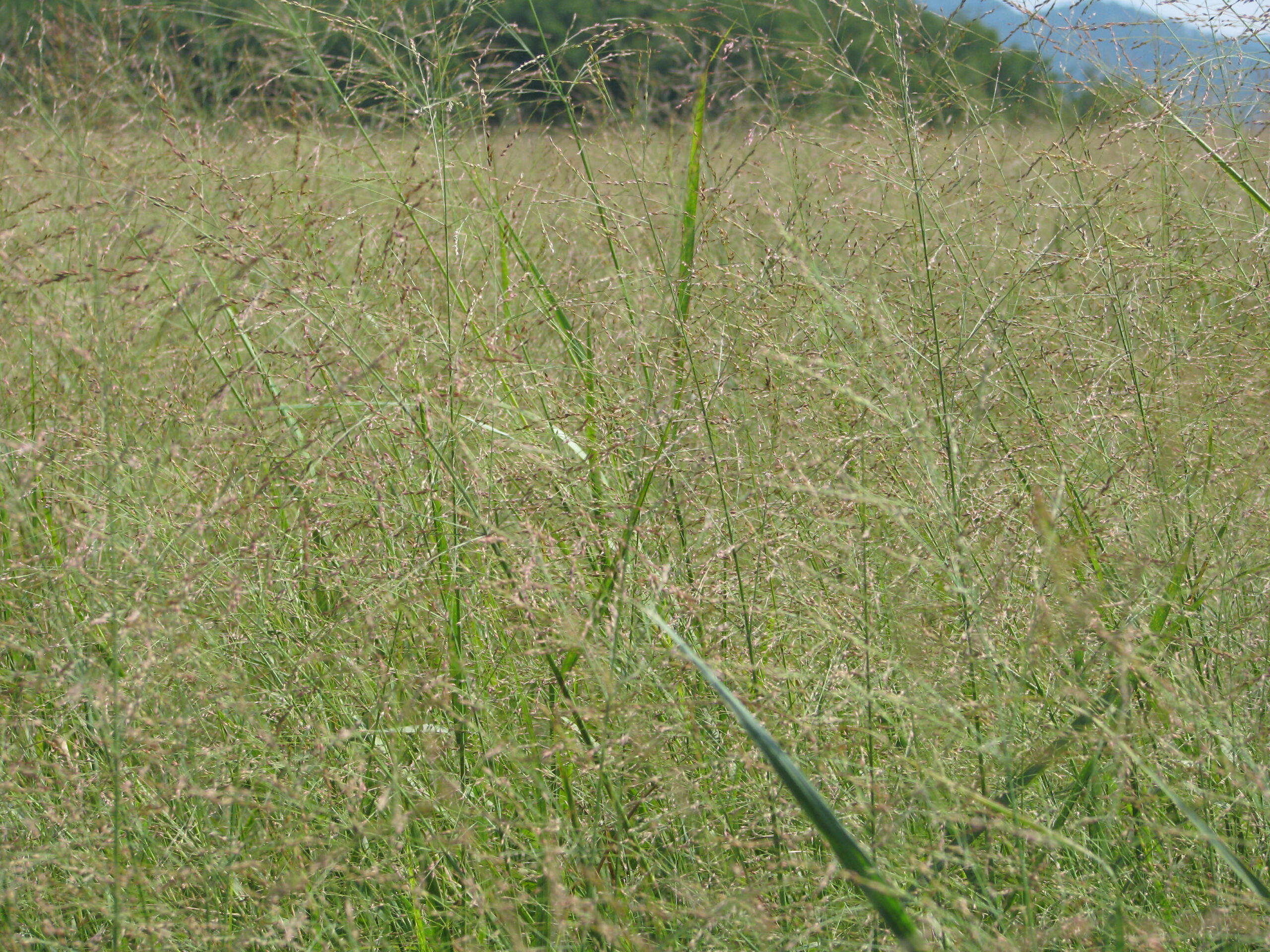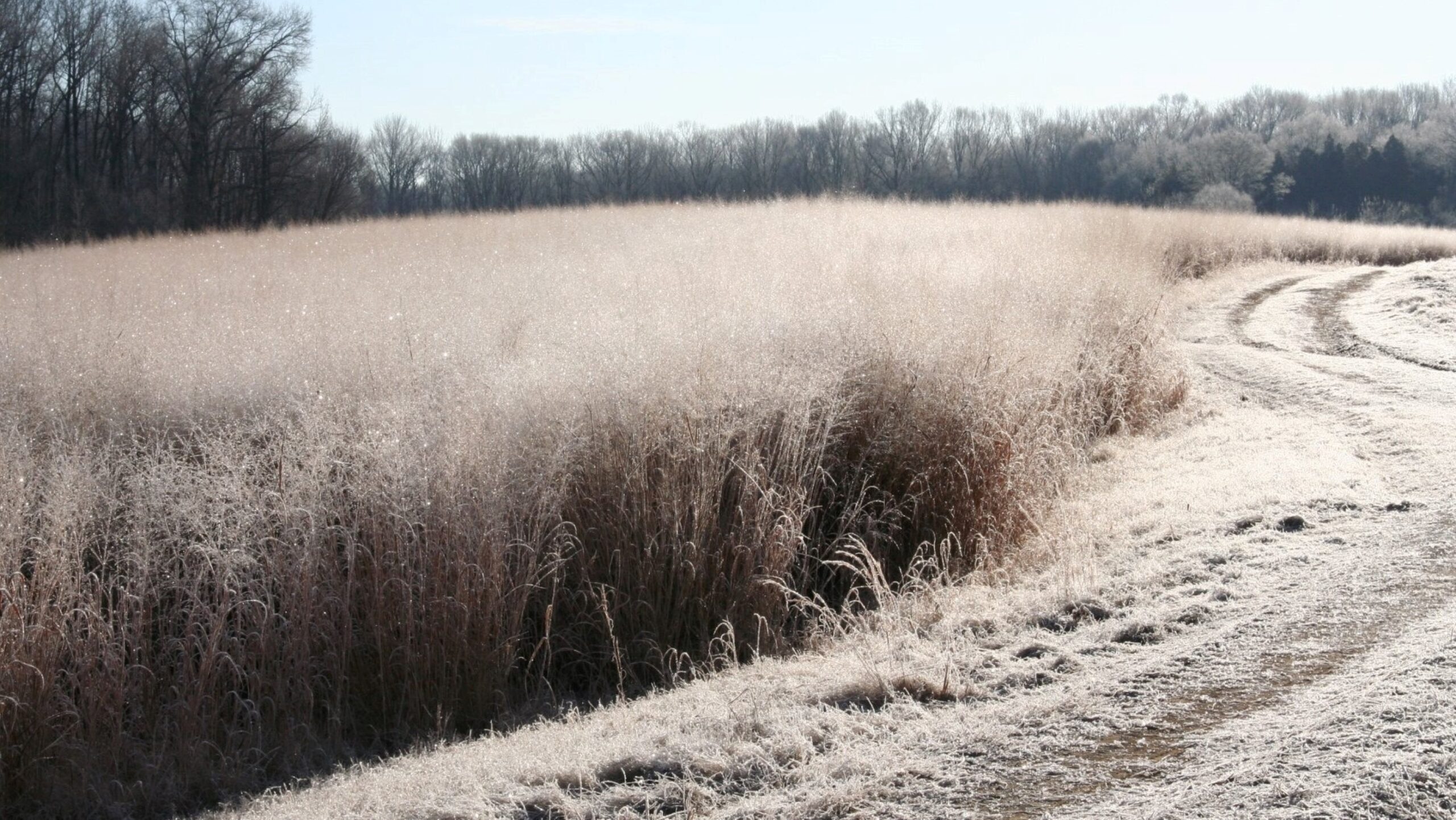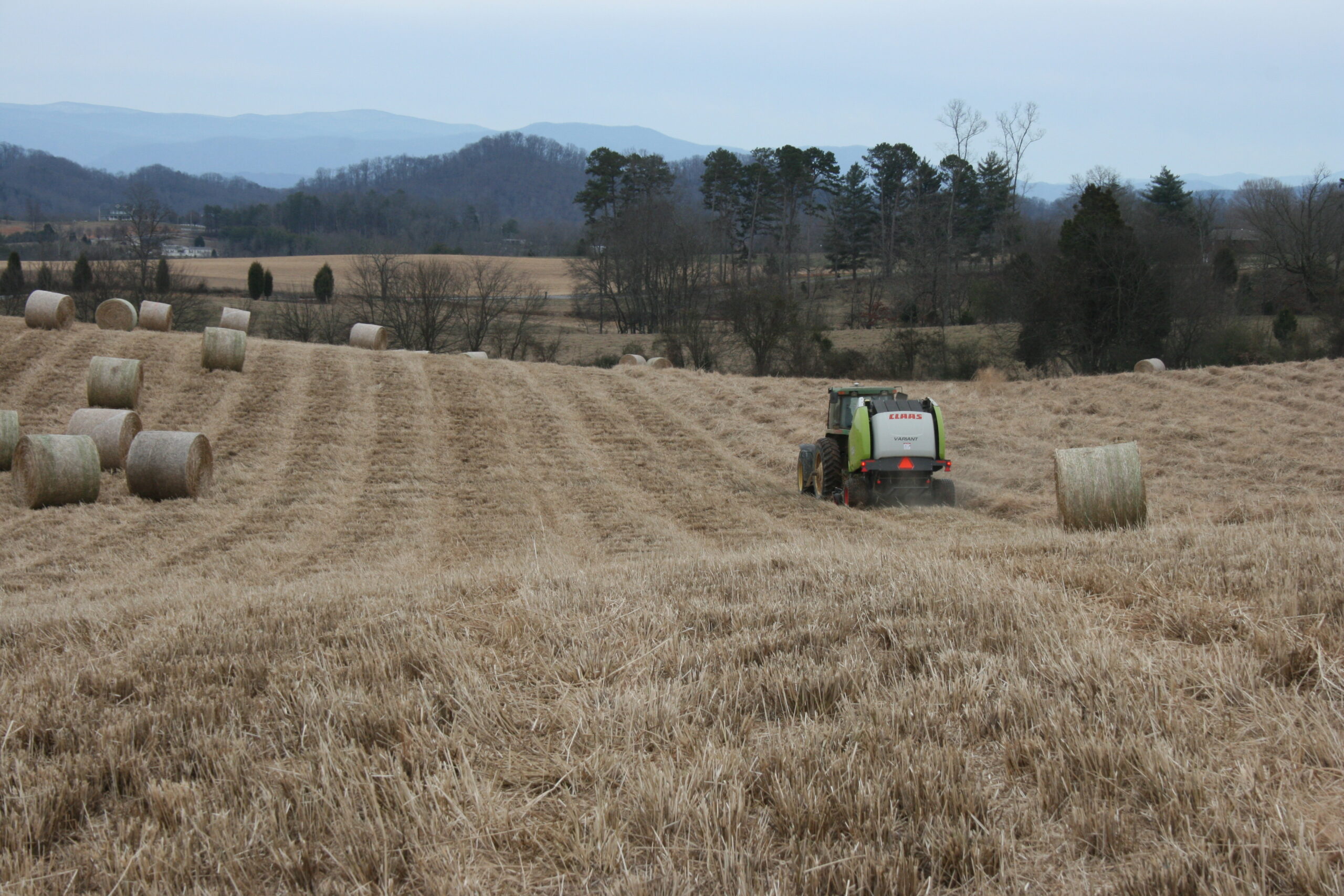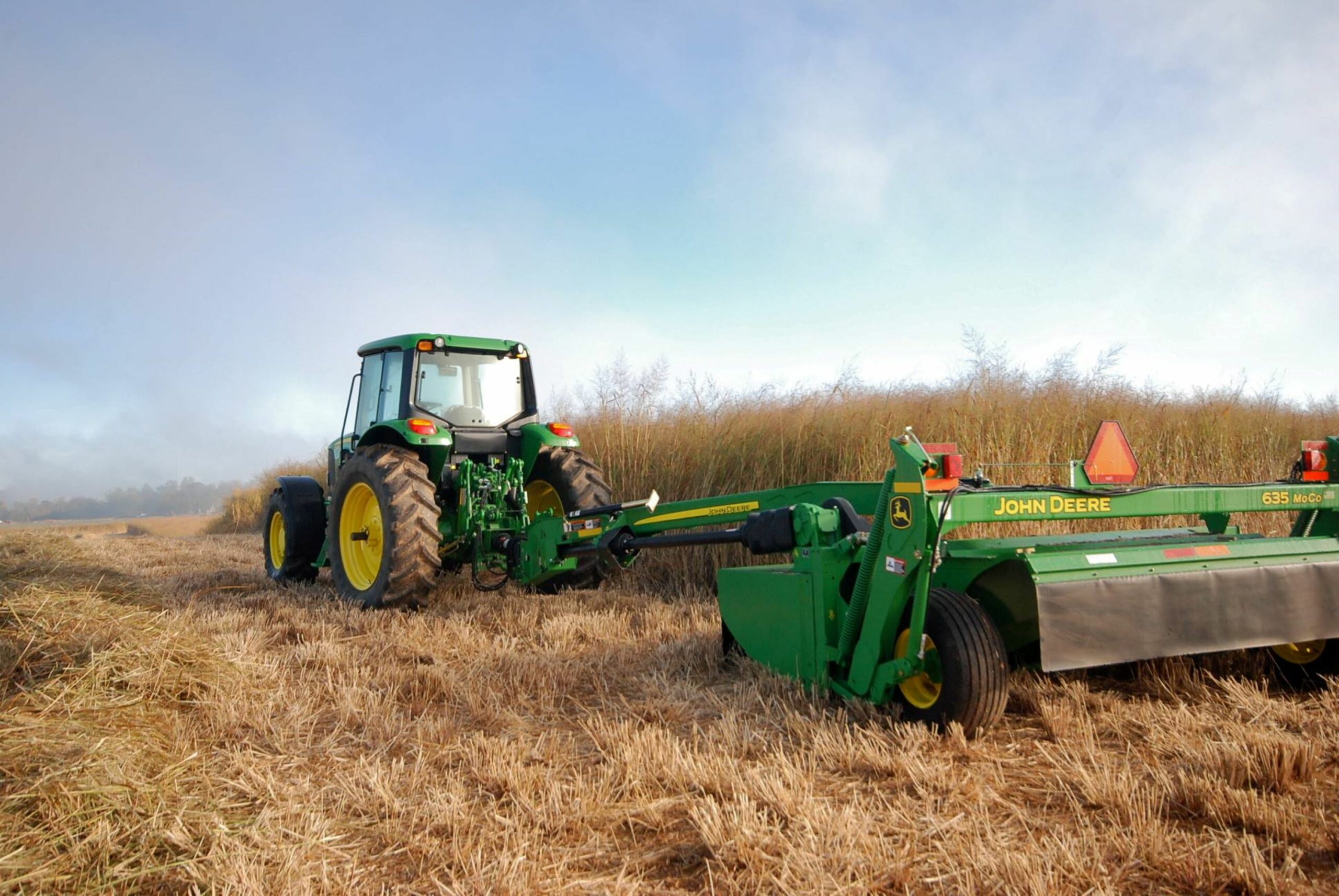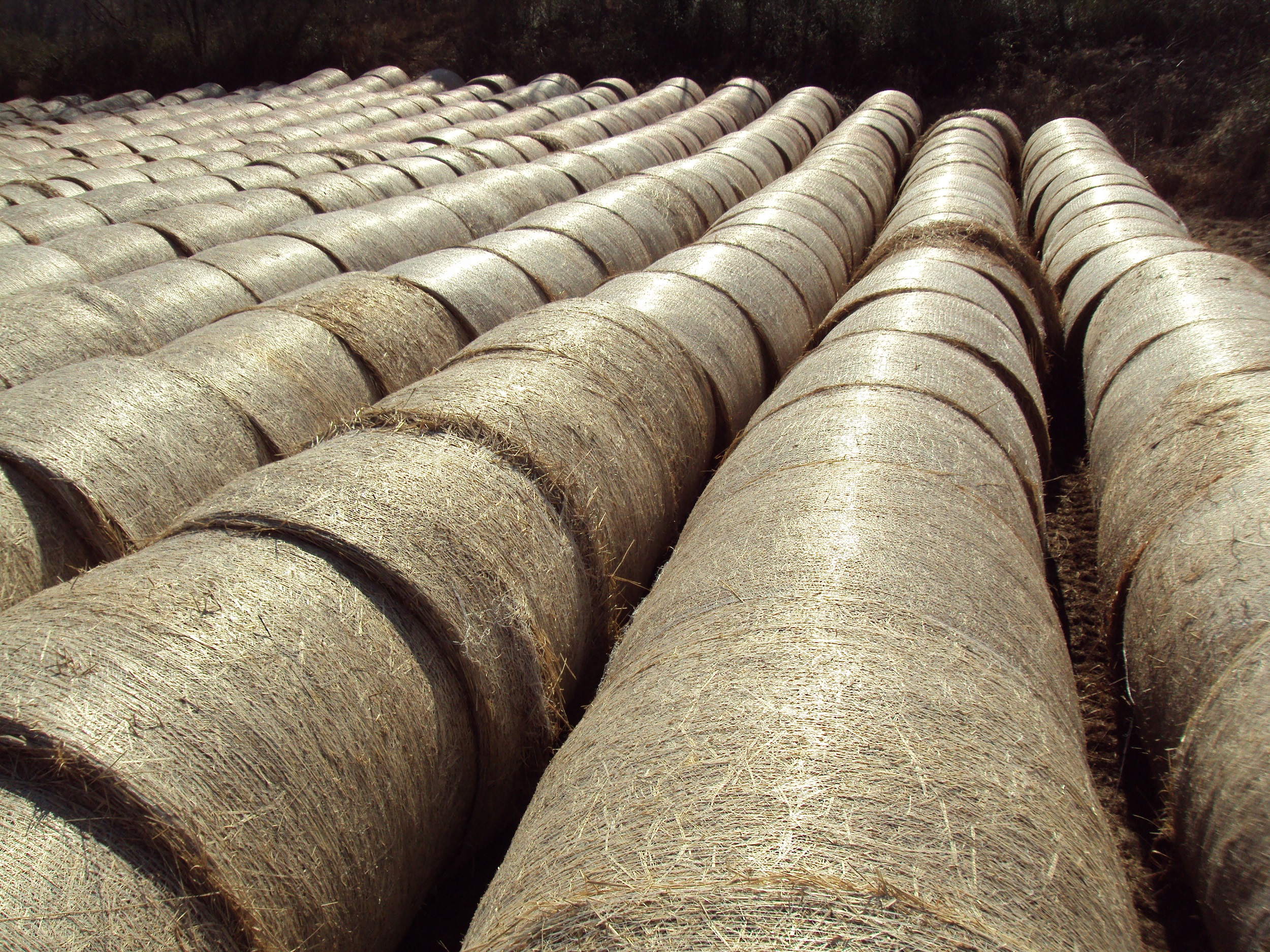Switchgrass Establishment Assistance Program
Started in 2021, Genera’s Switchgrass Establishment Assistance (SEA) program assists our producers with offsetting the cost of establishing new acres of switchgrass. Through this program, we offer up to a maximum of $200 per acre. Eligibility for this program, requires a commitment to a five-year Production Agreement and a minimum of 15 acres for new producers. Each producer interested in taking advantage of the SEA program must work with a Genera representative to develop an Establishment Plan. Establishment Plans will be tailored to each producer and will vary by type of ground and/or type of equipment available to the producer. Available assistance is limited. For more information and so we can begin an application for you, please reach out ASAP!
Switchgrass Overview
Once a widely occurring species native to North America, switchgrass’s presence on the landscape as a native prairie grass has declined as development and
modernization creeps further into wild areas. For years, switchgrass has been a highly sought after native warm season grass for farmers, conservationists, habitat managers, and environmentalists alike. In more recent years however, awareness of this plant as a high yielding perennial source of biomass has increased, for both use as a forage and a source of fiber, developing markets that would encourage the increased planting of the crop. Genera has been producing switchgrass in East Tennessee and around the country since 2008. Early on, we saw the potential for switchgrass to be a great fit with the climate and soil types found in this region, as well as its ability to provide good yields and income to producers in the area. Switchgrass is the core source of feedstock for our production facility.
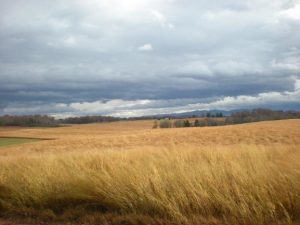
Switchgrass is a deep-rooted, non-invasive bunchgrass that can provide many benefits to the producer. While the crop is slower to establish than most, the appeal of switchgrass for a producer is that it has a high yield potential while requiring minimal inputs. During establishment, as with any crop and more so with switchgrass, it is vital to suppress any weed competition. Once established and with the proper management, switchgrass should naturally
outcompete weeds reducing or eliminating the requirements for ongoing weed control applications. Also, it has been well established that while you cannot completely forego fertilization, nutrient requirements for switchgrass are significantly less than traditional crops while still remaining productive. Given the deep-rooted structure of the plant, it tends to be more drought tolerant than other crops and can also do well on marginal ground. Furthermore, successfully established stands of switchgrass have an expected productive lifespan of at least 10-15 years from a single planting!
Switchgrass produces good yields on lower quality soils that are not likely providing an economic return to the farm today. Switchgrass will also provide significant environmental benefits. Multiple private and public agencies promote the plant as a successful tool when it comes to reducing soil erosion, sedimentation, and for increasing overall soil quality. Stands of switchgrass also provide important cover and nesting habitat for nongame song birds, game birds, deer, and a variety of other wildlife. Since the crop is not harvested until winter, the stand structure remains in place during important breeding and nesting seasons.
Like any farm crop, many factors can affect how productive a stand becomes. In the years that Genera has worked with producers on switchgrass for biomass production, we have realized an average yield of 6 dry tons per acre each year. Below are two additional links: one for Genera’s Switchgrass Production Guide and another for the Switchgrass Production Budget. We encourage you to view the information provided in these links to learn more about how switchgrass production might fit into your operation.
If you are ready to talk with our staff to discuss this opportunity further, please fill out the form on the Producer and Landowner Information page or give our Feedstock Manager, Brad Valentine a call at 423-884-4119.

